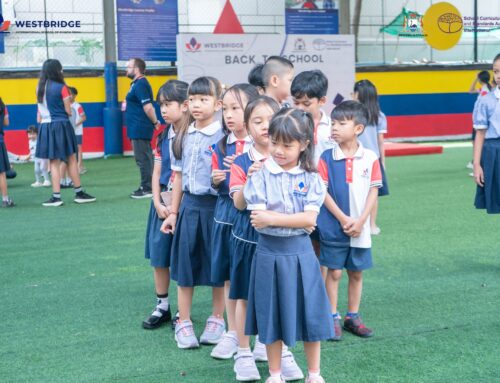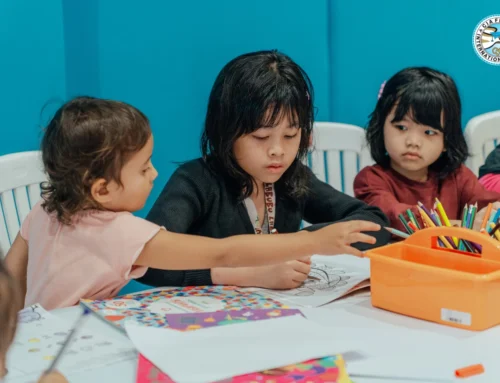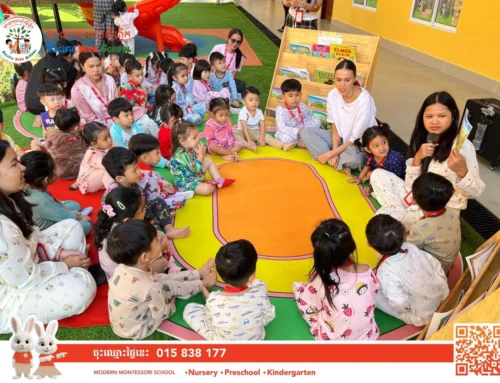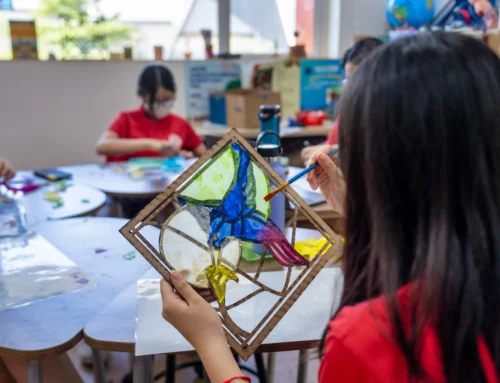Language education is one of the most important decisions parents make for their children—especially in a culturally rich and diverse country like Cambodia. With increasing global integration, many schools now offer bilingual or even trilingual education programs. But which path is best for your child’s development and future?
This article explores the differences, benefits, and considerations between bilingual vs. trilingual education in Cambodia so parents can make an informed choice.
What Is Bilingual and Trilingual Education?
-
Bilingual education typically means learning in two languages, most commonly Khmer and English in Cambodia.
-
Trilingual education adds a third language, often Chinese (Mandarin), French, or sometimes Japanese or Korean, depending on the school.
Both models aim to develop language fluency while delivering academic content, often starting as early as preschool or kindergarten.
Benefits of Bilingual Education
Bilingual education is increasingly popular in Cambodia due to the importance of English in global communication, business, and higher education. Key benefits include:
-
Academic Advantage: Bilingual children often show better cognitive flexibility and problem-solving skills.
-
Access to Higher Education: English proficiency opens doors to international universities and scholarships.
-
Stronger Local Roots: Maintaining fluency in Khmer ensures children stay connected to their culture and national curriculum.
-
Balanced Workload: Learning two languages is challenging but generally manageable for young children, especially when introduced early.
Why Choose Trilingual Education?
Trilingual education provides even more exposure to global opportunities. In Cambodia, Mandarin is gaining ground due to growing economic ties with China, while French remains relevant due to historic links and Francophone institutions.
-
Enhanced Career Prospects: Multilingual individuals are in high demand in business, diplomacy, and international organizations.
-
Cultural Competence: Exposure to multiple languages nurtures respect for diverse cultures and worldviews.
-
Cognitive Development: Trilingual children often display advanced memory, multitasking, and attention control.
-
Competitive Edge: Trilingualism can be a major asset in global job markets.
What to Consider Before Choosing
While both systems have clear benefits, parents should assess their child’s readiness and the school’s quality of instruction. Consider:
-
Language Exposure at Home: Children who hear and use multiple languages at home may adapt more easily to trilingual education.
-
Teacher Qualifications: Are the language teachers native speakers or highly proficient? Are lessons interactive and immersive?
-
Curriculum Balance: Does the school prioritize academic content in all languages or focus mainly on conversational skills?
-
Child’s Learning Style: Some children thrive with linguistic complexity; others may need a slower pace.
-
Long-Term Goals: Are you preparing your child for local success, international study, or multilingual careers?
Phnom Penh and Beyond: Available Options
Many international schools in Phnom Penh offer bilingual or trilingual programs, with English as the primary instruction language and Khmer and Mandarin or French as secondary languages. Meanwhile, some local private schools blend the Cambodian national curriculum with English enrichment.
For younger children, preschools that introduce second and third languages through play-based learning are an excellent way to build foundational fluency without stress.
Choosing between bilingual and trilingual education in Cambodia ultimately depends on your child’s needs, your family’s goals, and the quality of the school’s language programs. With careful consideration, you can set your child on a path toward confident, multilingual success.
If the information about the school is not accurate and insufficient, Contact us.
Do you want to register your school? Click here.







